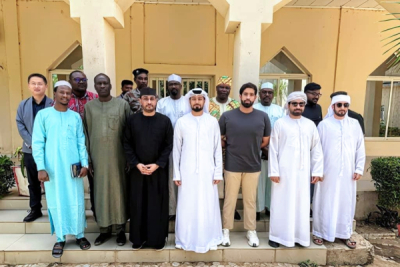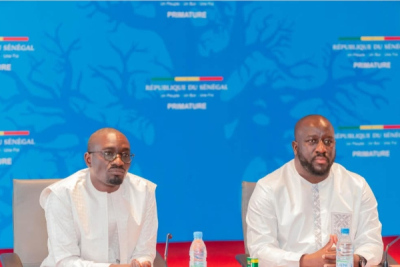The reform represents a significant stride towards achieving equitable, accessible, and quality healthcare for all Kenyans, leveraging digital innovations to overcome longstanding challenges in the health sector.
On April 22, Cabinet Secretary for Health Aden Duale held a consultative meeting with the National Assembly Committee on Delegated Legislation, chaired by Hon. Samuel Chepkonga (MP, Ainabkoi), at Bunge Towers, Nairobi. The session focused on reviewing the Digital Health (Health Information Management Procedures) Regulations, 2025, ensuring they align with earlier parliamentary recommendations and effectively support the rollout of Universal Health Coverage (UHC).
During the meeting, CS Duale announced the operationalization of USSD code *147#, now in use to help Kenyans transition from the National Health Insurance Fund (NHIF) to the Social Health Authority (SHA)—a major milestone in Kenya’s ongoing healthcare reforms. The discussions also emphasized the need for robust public awareness campaigns, particularly at the grassroots level, to increase understanding and uptake of SHA services.
Kenya’s journey toward UHC has been a long-standing national priority. The NHIF, established in 1966, served as the country’s primary public health insurer for more than five decades. However, persistent challenges, such as limited coverage among informal sector workers and operational inefficiencies, prompted comprehensive reforms. These efforts culminated in the creation of the SHA in 2023, designed to provide more inclusive and sustainable health financing.
To further support this transformation, Kenya enacted the Digital Health Act in October 2023, laying the legal foundation for the safe and effective use of technology in healthcare. The Act enhances data privacy and security while establishing standards for digital health services such as telemedicine and mobile health platforms.
Through the revision of digital health regulations and the integration of user-friendly access channels like the USSD platform, Kenya is building a more accessible, affordable, and efficient healthcare system—one that is digitally empowered and truly inclusive.
Hikmatu Bilali



















